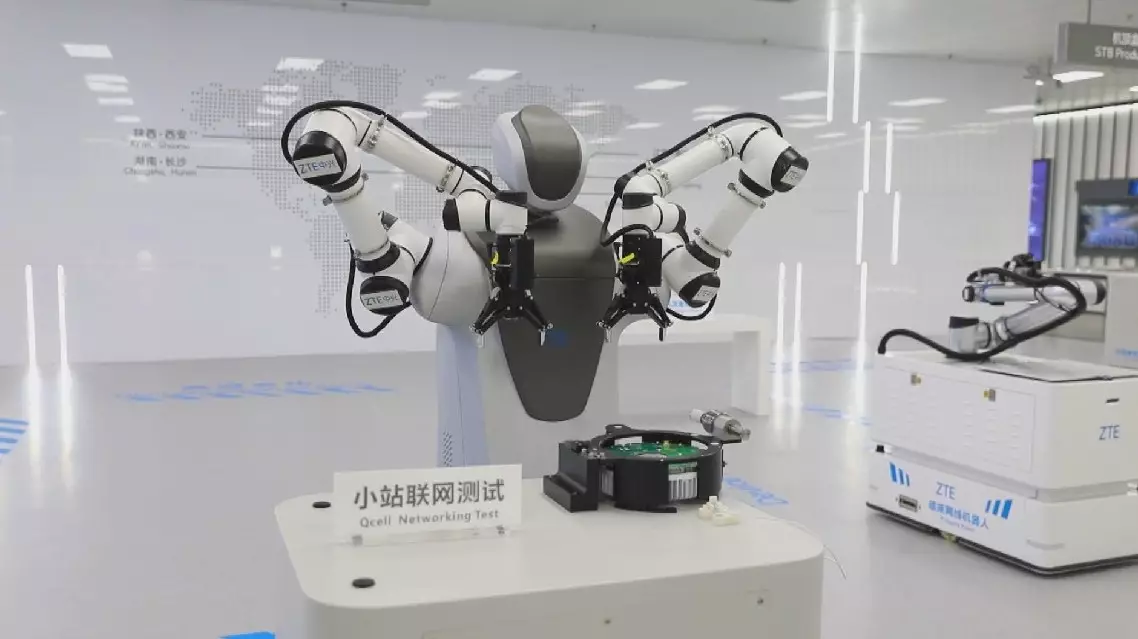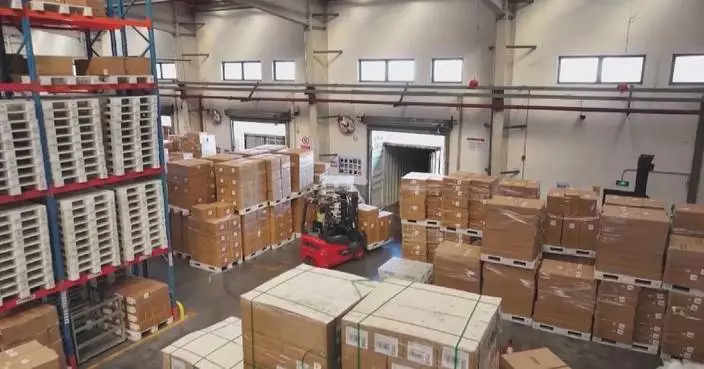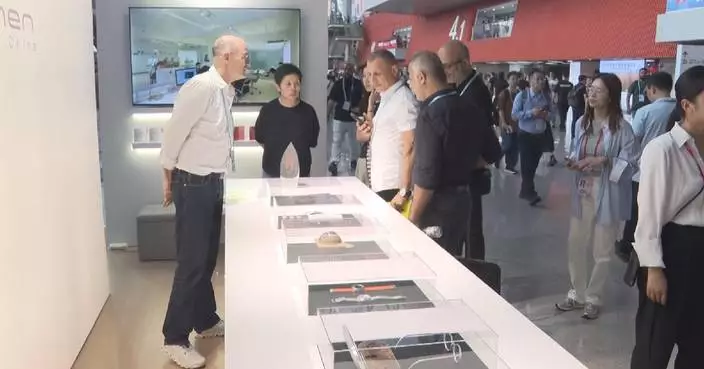Turing Award laureate Leslie Gabriel Valiant underscored the importance of interest and passion in the study of science, tracing back his own fondness for knowledge to his early childhood in London.
Valiant is a distinguished computer scientist and computational theorist. Born in 1949, he has achieved global recognition for his groundbreaking work in theoretical computer science.
He revolutionized the field of machine learning by developing the Probably Approximately Correct (PAC) model, laying the foundation for computational learning theory. Valiant was honored with the Turing Award in 2010.
In an exclusive interview with the China Central Television (CCTV), the acclaimed scientist recalled how his childhood fascination with transistor radios ignited his lifelong passion for science.
"Maybe from age of nine or ten, I was interested in science, so I think I liked physics, I liked physical experiments, and also this was in the late 1950s. So one thing which was maybe special then is that transistors which had been invented ten years earlier, became commodities. On the suburbs of London, as a child you could buy little components inexpensively and make your own transistor radio. So that's rather amazing. That's one of the things I did in science. And I think mathematics kind of came naturally to me, and I understood that to really understand what was going on with the transistor radios, I need to know mathematics," said Valiant.
He attributed a significant part of his success to his family upbringing, emphasizing the freedom his parents provided him to pursue his dreams.
"I didn't feel that my parents had very strong expectations of what direction I was going to take. And in fact, when I took the direction of computer science, which was very new at the time and seemed risky almost, my parents didn't show any hesitation," he said.
Valiant's passion for science drives him to continually explore new frontiers.
"So my story is that I studied mathematics and some physics and then looking to find somewhere to do a PhD. I was reading some papers in the library and I did discover a paper which basically gave a version of Alan Turing's theory of noncomputability in a very tangible form. And so this really struck me as being rather different, because this noncomputability was really about our intellectual life. So it was something showing limits to kind of problems we could solve, which could be solved. And it's pretty obvious to me that all the physics and mathematics are done didn't address this issue of trying to determine what are the limits of our thinking," said the computer scientist.
In his eyes, mathematical study has never been a mundane task but an exploration into the beauty of permanence.
"The beauty of mathematical formulations is that they are the same, something which stays true for the centuries. It's true everywhere in the world, it's timeless. So with mathematics, you do get something which is very permanent," he said.
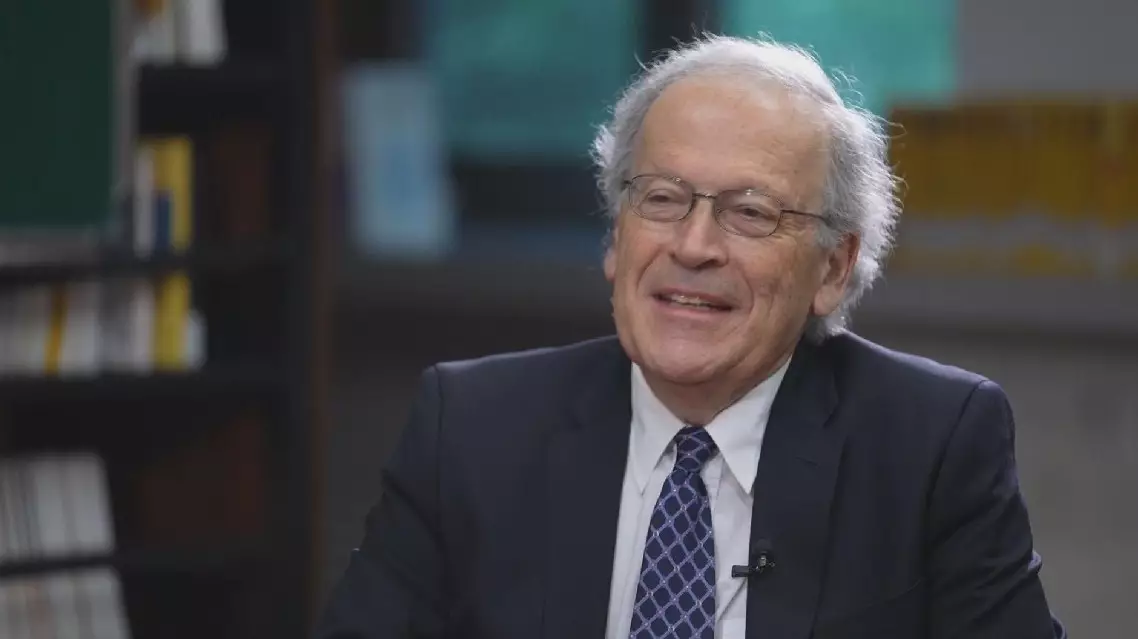
Turing Award laureate highlights childhood curiosity as crucial to interest in science
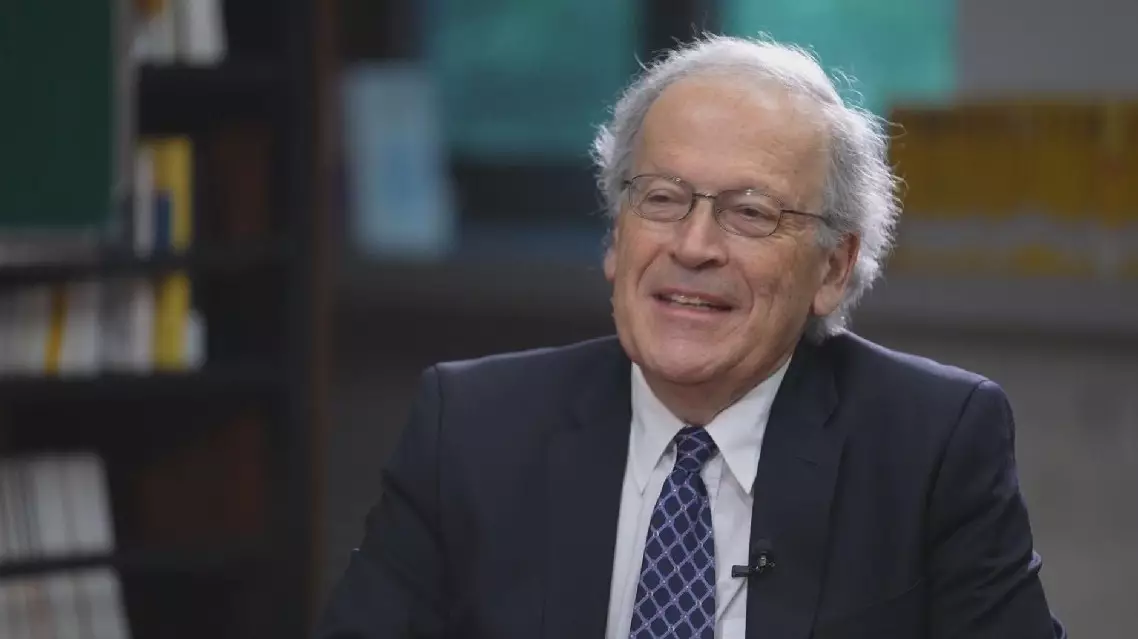
Turing Award laureate highlights childhood curiosity as crucial to interest in science
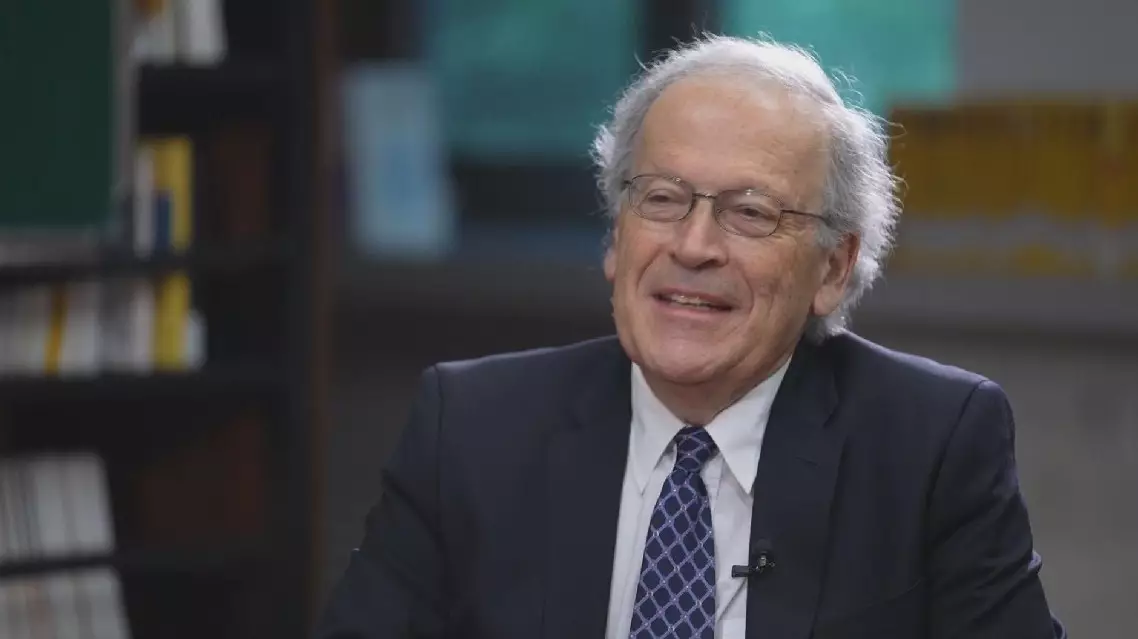
Turing Award laureate highlights childhood curiosity as crucial to interest in science


